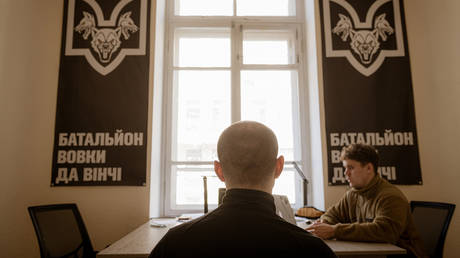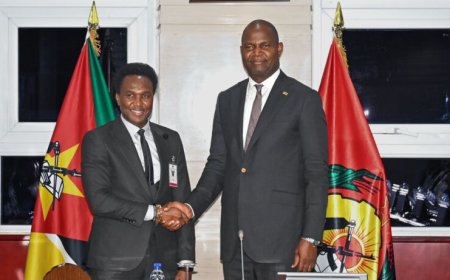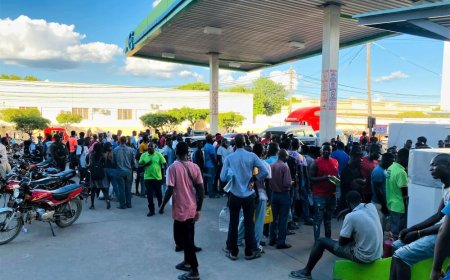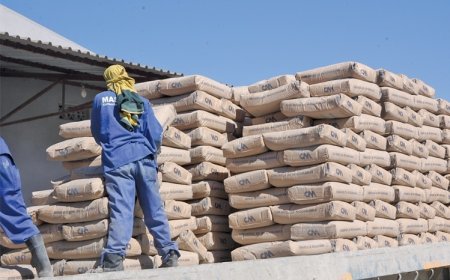Rwandan military presence in Mozambique: Institute for Security Studies warns of long-term consequences
The significant increase in Rwanda's military presence in Mozambique over recent years has raised concerns both within the country and across the region. According to the South African-based Institute for Security Studies (ISS), the number of Rwandan troops in Mozambique has surged from 1,000 to approximately 5,000 in just three years, with military operations expanding into five districts of Cabo Delgado province.
A recent study, published earlier this week, traces this increase back to July 2021, when about 1,000 members of the Rwanda Defence Force and the Rwandan National Police were deployed to Cabo Delgado, a region severely affected by violent extremism. Since then, attacks on civilians and public infrastructure have escalated, prompting foreign military intervention.
Simultaneously, the Southern African Development Community Mission in Mozambique (SAMIM) was also deployed to the region, though to areas further away from key gas projects. However, SAMIM’s support concluded this year, and sources revealed a lack of coordination and strategic information-sharing between Rwandan forces, SAMIM, and Mozambican forces, which led to several instances of friendly fire. The absence of effective cooperation between these forces has raised doubts about the overall success of the counter-terrorism efforts in the region.
Rwandan troops were initially deployed in the districts of Palma and Mocímboa da Praia, where major $20 billion liquefied natural gas (LNG) projects, led by multinational corporations such as Total Energies, Exxon Mobil, and Eni, are located. These companies are deemed vital for Mozambique's economic development but have been frequent targets of terrorist attacks.
However, the deployment of Rwandan forces to these areas has sparked suspicion that their presence is more focused on protecting economic assets than fulfilling the official mission's objectives. Allegedly, secret agreements between Mozambican President Filipe Nyusi and his Rwandan counterpart, Paul Kagame, were made without public disclosure, leading to distrust and opposition from various segments of Mozambican society.
Furthermore, the bilateral agreement surrounding the Rwandan troop deployment, reportedly known only to the presidents of Mozambique and Rwanda, has drawn criticism from national defence and security watchdogs, the parliamentary opposition, the press, and civil society organisations. The lack of transparency surrounding the agreement has amplified concerns over the true purpose of Rwanda's mission in Mozambique.
The role of Rwandan troops in Cabo Delgado has come under scrutiny, especially due to their involvement in civilian infrastructure projects, such as building a market and, more recently, a school. While these actions have been praised, they have also sparked controversy, as many believe these tasks should be the responsibility of the Mozambican government. However, the Rwandan army maintains that these projects are part of its civil-military relations strategy.
"They came to Mocímboa da Praia to support the fight against terrorism, but when they began constructing infrastructure, it became unclear what their true mission was," a source revealed. This involvement in civilian projects has fuelled the debate over the scope of Rwandan military operations in Mozambique and their influence on local politics.
Currently, the number of Rwandan troops in Mozambique has risen to around 5,000, with their presence consolidated in at least five districts of Cabo Delgado: Mocímboa da Praia, Palma, Ancuabe, Macomia, and Quissanga. Their operations cover more than half of Cabo Delgado's 17 districts and have extended into parts of Nampula province.
The Institute for Security Studies recommends that both Mozambique and Rwanda reassess the objectives of Rwanda’s mission in Cabo Delgado, ensuring that foreign troops support the Mozambican government’s anti-terrorism strategy without replacing the national security forces in their primary role of securing the country. The ISS also cautions that the prolonged presence of Rwandan forces could have long-term implications for Mozambique’s sovereignty over its territory and its people.



















